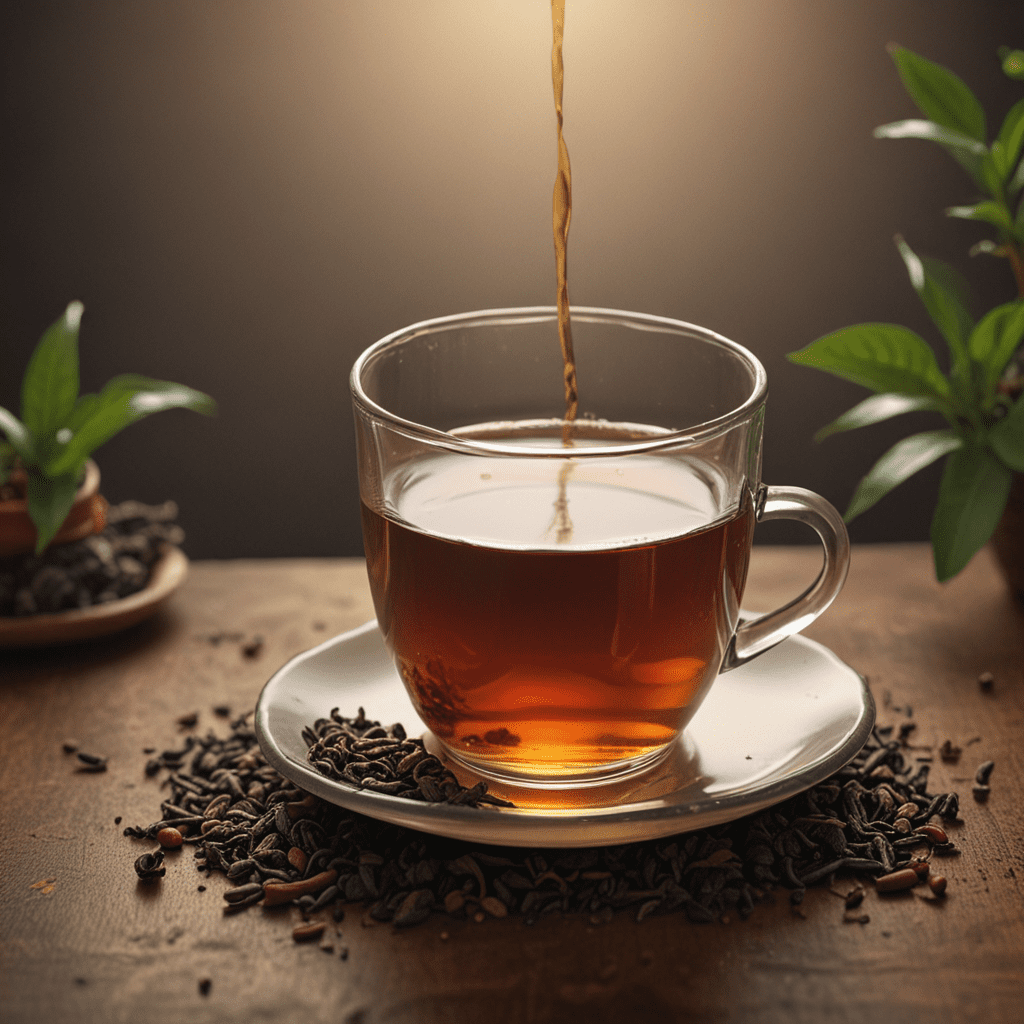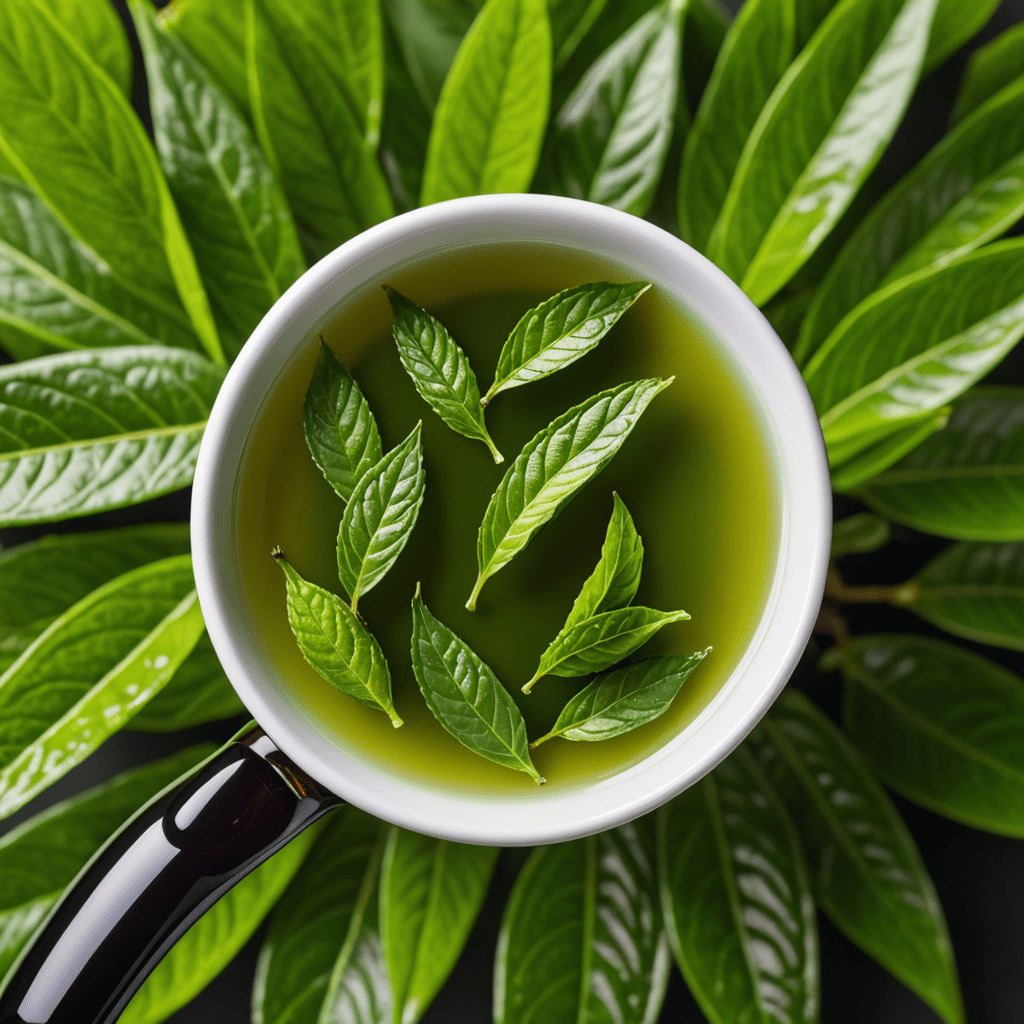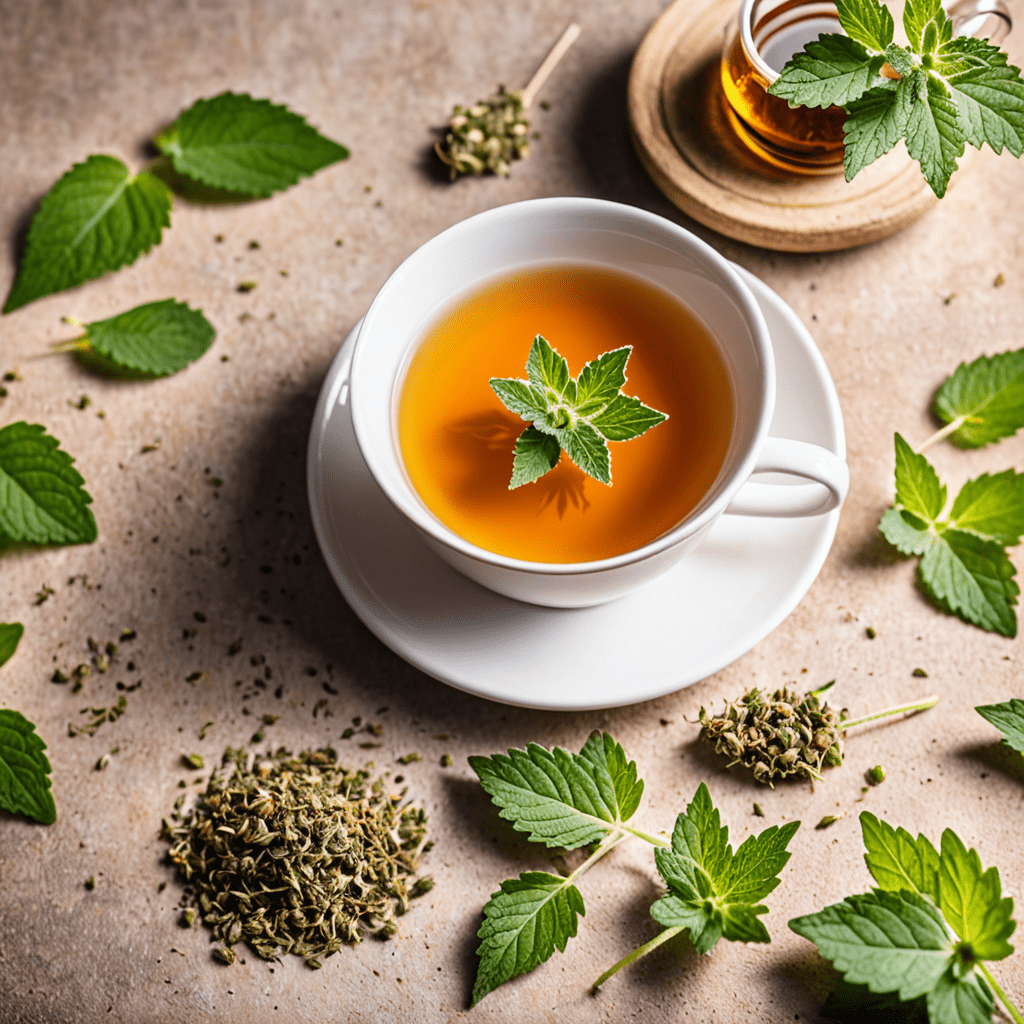Introduction to Assam Tea: A Legacy of Excellence
Nestled in the verdant landscapes of Northeast India, Assam is renowned as the birthplace of one of the world's finest teas. Assam tea, with its distinctive malty flavor and robust character, has captivated tea aficionados for centuries, establishing a legacy of excellence that continues to this day.
The Enchanting History of Assam Tea: From Discovery to Dominance
The discovery of tea in Assam dates back to the 19th century, when indigenous tribes of the region stumbled upon its invigorating properties. In 1823, a Scottish explorer named Robert Bruce identified tea growing naturally in the Brahmaputra Valley, marking the beginning of a remarkable journey. Through the efforts of Robert Bruce, John Bruce, and the East India Company, Assam tea plantations began to flourish, laying the foundation for its future dominance in the global tea industry.
Distinct Characteristics of Assam Tea: A Symphony of Flavors
Assam tea is characterized by its unique flavor profile, which sets it apart from other tea varieties. Its malty flavor, often described as "brisk" or "full-bodied," is attributed to the specific growing conditions and the traditional processing techniques employed in Assam. The leaves have a deep, rich color and produce a vibrant, golden-amber liquor when brewed.
The Art of Tea Cultivation: Nurturing the Finest Leaves in Assam
Assam's tea gardens, spread across vast expanses of land, are a testament to the region's dedication to tea cultivation. The climate, with its abundant rainfall and warm temperatures, provides ideal conditions for tea plants to thrive. Skilled tea pluckers meticulously handpick the finest leaves, ensuring that only the freshest and most tender buds are selected.
Processing Assam Tea: A Delicate Balance of Skill and Tradition
The processing of Assam tea is a delicate and time-honored process that has been passed down through generations. After the leaves are plucked, they undergo a series of steps, including withering, rolling, oxidation, and drying. The oxidation process, also known as fermentation, is carefully controlled to impart the characteristic malty flavor to the tea. Finally, the tea leaves are skillfully sorted and graded to ensure the highest quality.
6. Brewing the Perfect Cup of Assam Tea: A Journey of the Senses
Brewing the perfect cup of Assam tea is an art form that requires precision and attentiveness. For the optimal tea experience, use fresh, filtered water and a clean teapot or infuser. Add one teaspoon of loose Assam tea leaves for every 8 ounces of water. Bring the water to a rolling boil, then immediately pour it over the tea leaves. Allow the tea to steep for 3-5 minutes, depending on the desired strength. Remove the infuser or strain the tea leaves from the liquor. Savor the rich, malty flavor of a perfectly brewed cup of Assam tea.
7. Health Benefits of Assam Tea: A Natural Elixir
Assam tea is more than just a delicious beverage; it also offers a myriad of health benefits. Its high antioxidant content, particularly theaflavins and thearubigins, helps protect cells from damage and may reduce the risk of chronic diseases. Assam tea is known to improve heart health by reducing cholesterol levels and blood pressure. It may also aid digestion, boost metabolism, and provide a natural energy boost without the jitters associated with caffeine.
8. Assam Tea in the Global Market: A Treasured Commodity
Assam tea has gained worldwide recognition for its superior quality and unique flavor profile. It is exported to over 50 countries, accounting for a significant share of the global tea trade. Assam tea is highly sought after by tea connoisseurs and is a staple in many tea blends. Its popularity stems from its distinct malty flavor, versatility, and the health benefits it offers.
9. Sustainability and Future of Assam Tea: Securing a Legacy
Sustainability is paramount in the Assam tea industry. Tea plantations are implementing eco-friendly practices to protect the environment and ensure the longevity of tea cultivation. This includes responsible water management, organic farming methods, and the preservation of biodiversity. The future of Assam tea looks promising, with ongoing research and development to enhance cultivation techniques and promote sustainable practices.
10. Assam Tea Appreciation: A Cultural Experience
Assam tea appreciation extends beyond its taste and health benefits; it is also deeply rooted in the cultural heritage of the region. Tea gardens are a popular tourist destination, offering visitors a glimpse into the intricate process of tea cultivation and processing. The aroma of freshly brewed Assam tea permeates the air, creating a sensory experience that captures the essence of this remarkable legacy.
FAQs
What makes Assam tea different from other teas?
Assam tea is distinguished by its robust, malty flavor and vibrant color. Its unique characteristics are attributed to the specific growing conditions and processing techniques employed in the Assam region.
How should Assam tea be stored?
Assam tea should be stored in an airtight container in a cool, dry place away from direct sunlight. This helps preserve its freshness and flavor.
What are the optimal brewing parameters for Assam tea?
For the best results, use fresh, filtered water and steep Assam tea leaves at a temperature of 200-212°F (93-100°C) for 3-5 minutes. Adjust the steeping time according to your desired strength.


